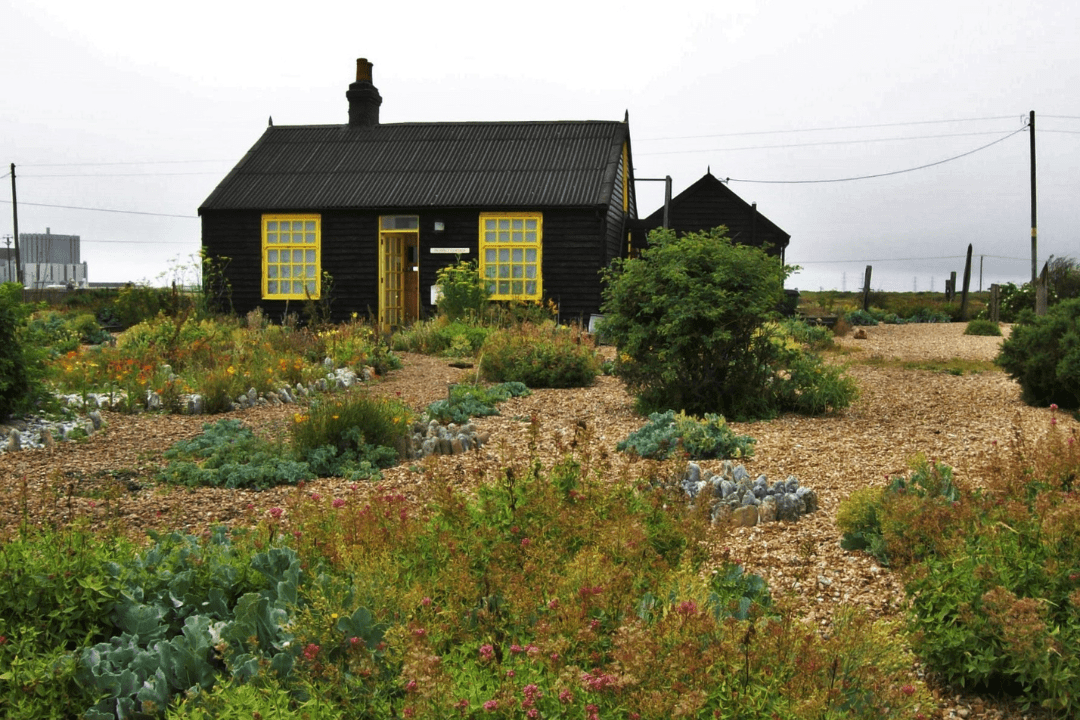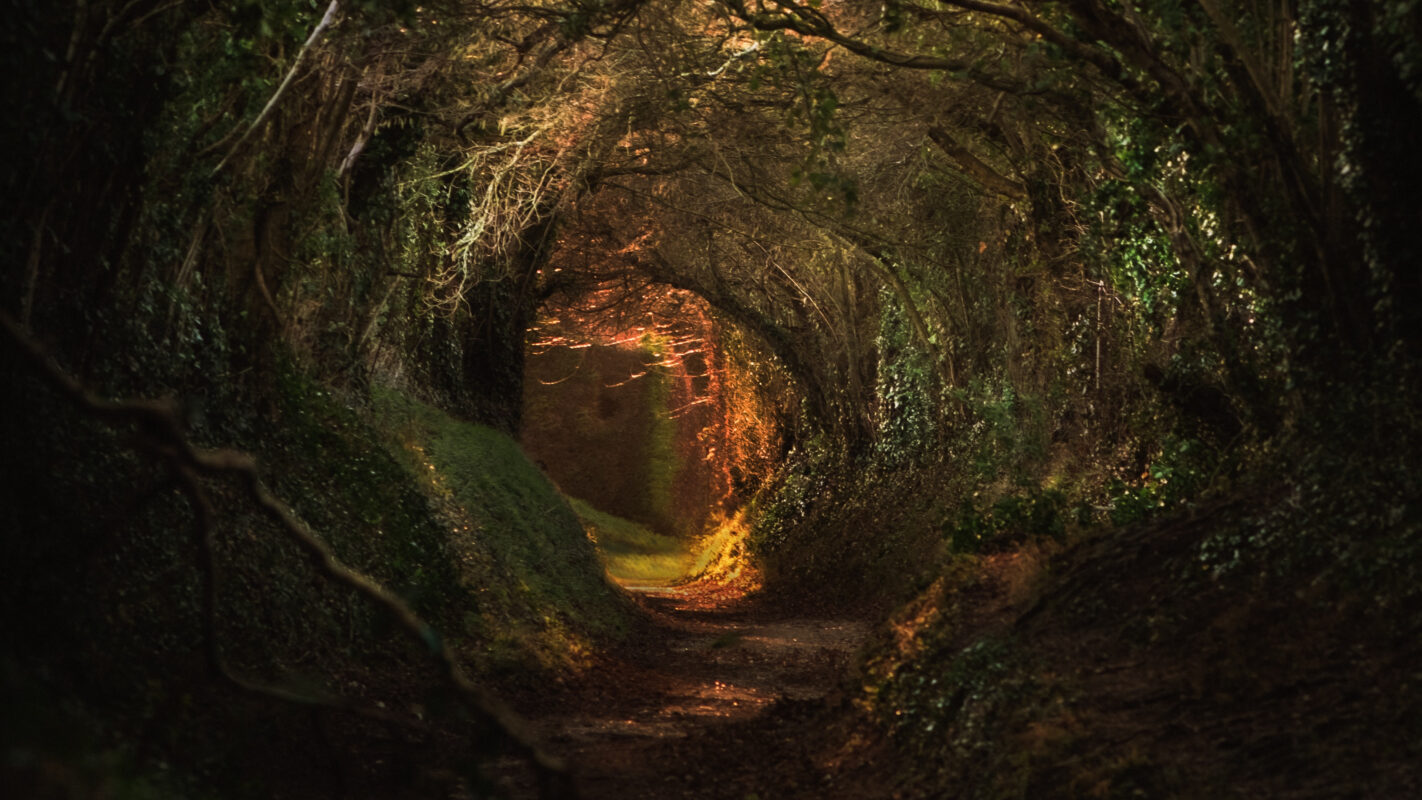A scene from Albion Awakes.
Leigh Woodward, a nonbinary teenager, has fainted at school. Grandad, their caregiver, is called to collect them from the nurse’s office. They’ve been holding onto feelings that are about to come out.
The nurse walked me to his office. When Grandad burst in half an hour later, I was lying on a bed and drinking a can of pop.
‘I’m alright,’ I insisted, as he took the ice pack from the nurse and pressed it to my head.
‘Yeh fell off a bloody chair!’
The nurse cleared his throat. ‘I’ll give you some privacy.’ He left. I looked at my hands as Grandad sighed heavily, lowering the ice pack.
‘I’m sorry, lass,’ he murmured. ‘Ah – I mean -‘
‘What for?’
‘For how I reacted. When yeh told me about yer gender.’
‘Oh.’ I paused, heart thudding.
‘It must’ve been hard to share that.’
Well yeah.
Grandad took my hand. ‘How long have yeh felt this way?’
I blinked. How long had it been? I wanted Grandad to know me – for him to want to know me. I tried to think. ‘It’s like… I’ve always had this voice inside. It tells me to hide. To not let people see the real me.’
He went very still. ‘Why did it tell yeh to do that?’ I shrugged. ‘Does it still tell yeh to do that now?’
I was about to say yeah, but stopped. ‘No,’ I replied, hearing the surprise in my voice. ‘Now I’m just knackered. I came out. I almost died, but I didn’t. It’s kind of a relief. It’s all over. Everyone knows.’ A small balloon of warmth seemed to swell in my chest. I felt lighter, like when Cernunnos taught me to spirit journey.
‘So, it’s gotten better, then.’ I nodded. ‘Good. That’s good. But ye’ve been… struggling? All this time.’ I bit my lip. Nodded again. ‘Can yeh tell me more about the – the hiding?’
I swallowed. Remembered a year ago, sitting on my bed and watching a video on my phone. Someone was explaining the moment when they realised they were trans. Suddenly it hurt to breathe, like the caravan walls had fallen away, and I was sitting alone in Heddon’s Field under the blazing sun, its light too hard, too bright.
There I was: the real me. What if people saw? They’d know, they’d see that everything I’d done and said was a lie. And it would all come crashing down.
‘I wanted to be like everyone else,’ I whispered.
Grandad squeezed my hand. ‘But not anymore?’ I shook my head. The corner of his mouth lifted.
‘Are you disappointed?’ I blurted out.
He barked out a laugh. ‘Disappointed? For having a strong, brave, child like you? Don’t be daft. Just tell me how I can make yeh more comfortable.’
My eyes grew hot. My rib cage opened, like a bird stretching its wings. ‘You already do.’
‘Oh aye?’ He wiggled his caterpillar eyebrows until I snort-laughed. Then he kissed me roughly on the forehead. ‘Good, then.’




